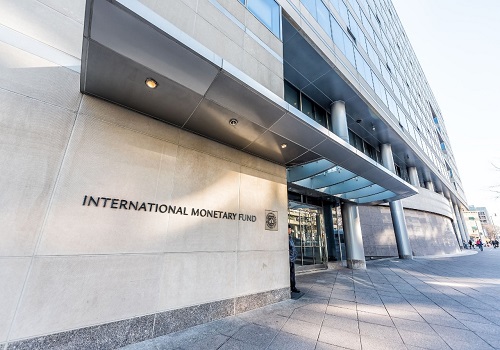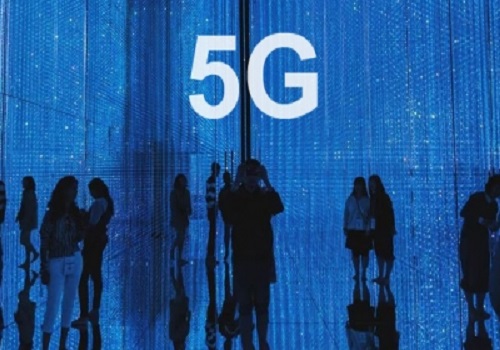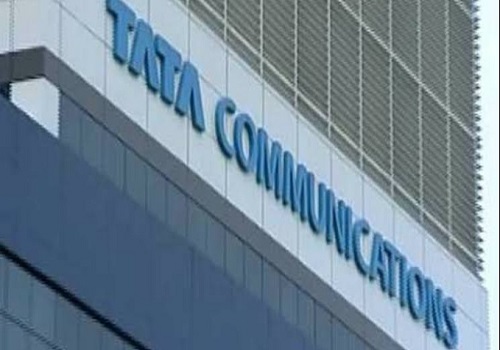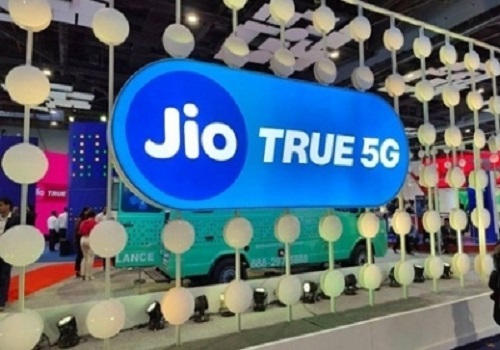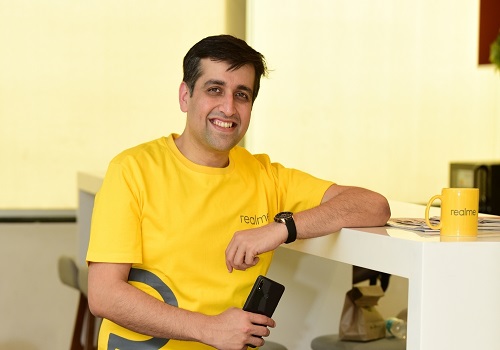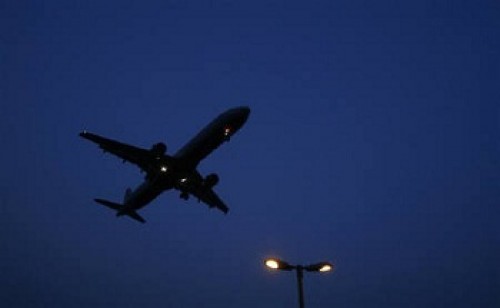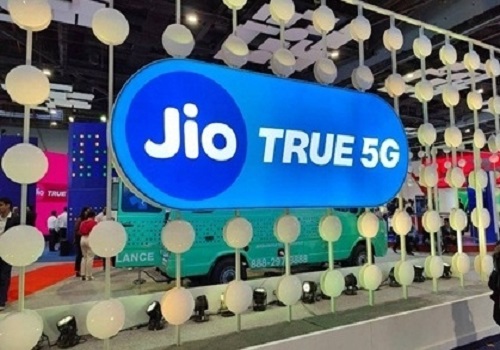6 GHz spectrum vital for super-fast 5G speed, says COAI
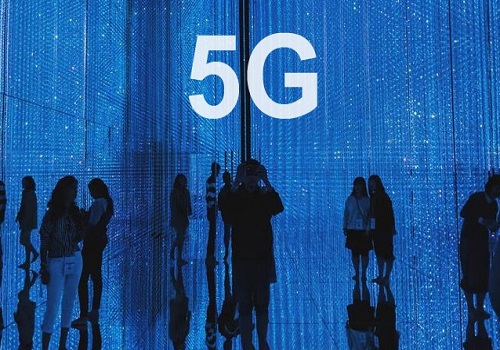
Follow us Now on Telegram ! Get daily 10 - 12 important updates on Business, Finance and Investment. Join our Telegram Channel
As India rolls out 5G at a much faster pace than expected, it is critical to identify 6 GHz band for international mobile telecommunications (IMT) services, to not only aid long-term network planning but also help the National Broadband Mission achieve broadband speeds up to 50 mbps by 2024-25, the Cellular Operators' Association of India (COAI) said on Wednesday.
6 GHz is the last mid-band opportunity offering a provision of minimum 2 GHz contiguous mid-band spectrum, which will become critically essential for mobile communications beyond 2025.
"Since mid-bands offer wide coverage and capacity, they are critical for rapid and cost-efficient deployments of 5G mobile networks. This is established by the fact that out of the 176 global 5G networks rolled out, around 70 per cent (120 networks) have harnessed mid-bands," COAI Director General, Lt. Gen Dr S.P. Kochhar (retd) said.
A GSMA report shows that in the absence of the required additional mid-band spectrum, the mobile networks would need to be substantially densified by increasing the number of base stations to deliver 5G data rate targets.
If telecom service providers (TSPs) don't do so, said Kochhar, 5G download speeds would be reduced to 50 per cent if less spectrum is allocated in the 6 GHz band, or 80 per cent if only 700 MHz band is allocated to IMT, compared to an assignment of 1.2 GHz.
"It may also lead to deterioration of the 5G experience, which would negatively impact its adoption and eventually create risks to investments in next gen infrastructure," he noted.
In case adequate spectrum in the 6 GHz band is not allocated to IMT, the country would have to account for around 60 per cent higher annual costs to achieve the performance expected from 5G services, and this would lead to delayed expansions and a significant increase in energy consumption and radio network cost.
"Such undesired increase in energy consumption would also be contrary to India's global aspirations and commitment for reduction in its carbon footprint and related green objectives," said Kochhar.












 320-x-100_uti_gold.jpg" alt="Advertisement">
320-x-100_uti_gold.jpg" alt="Advertisement">

